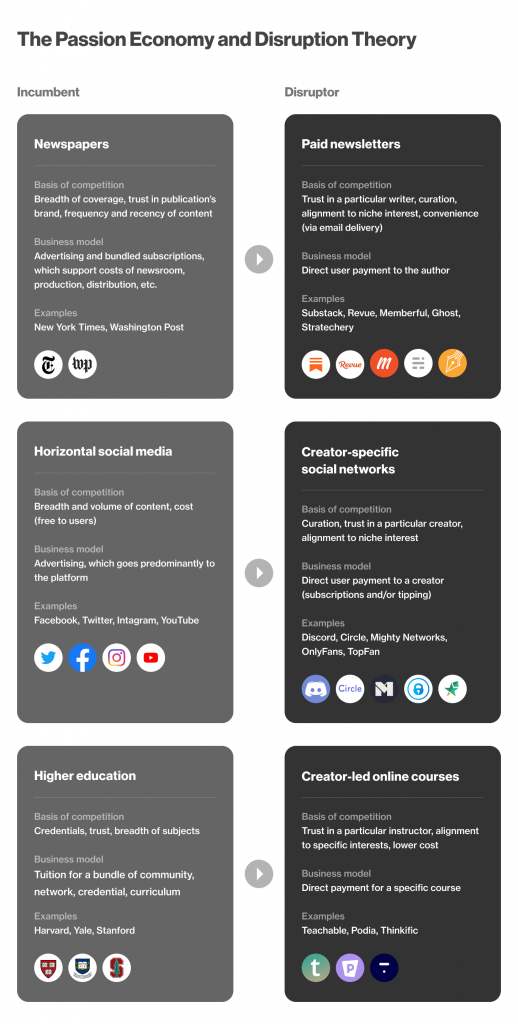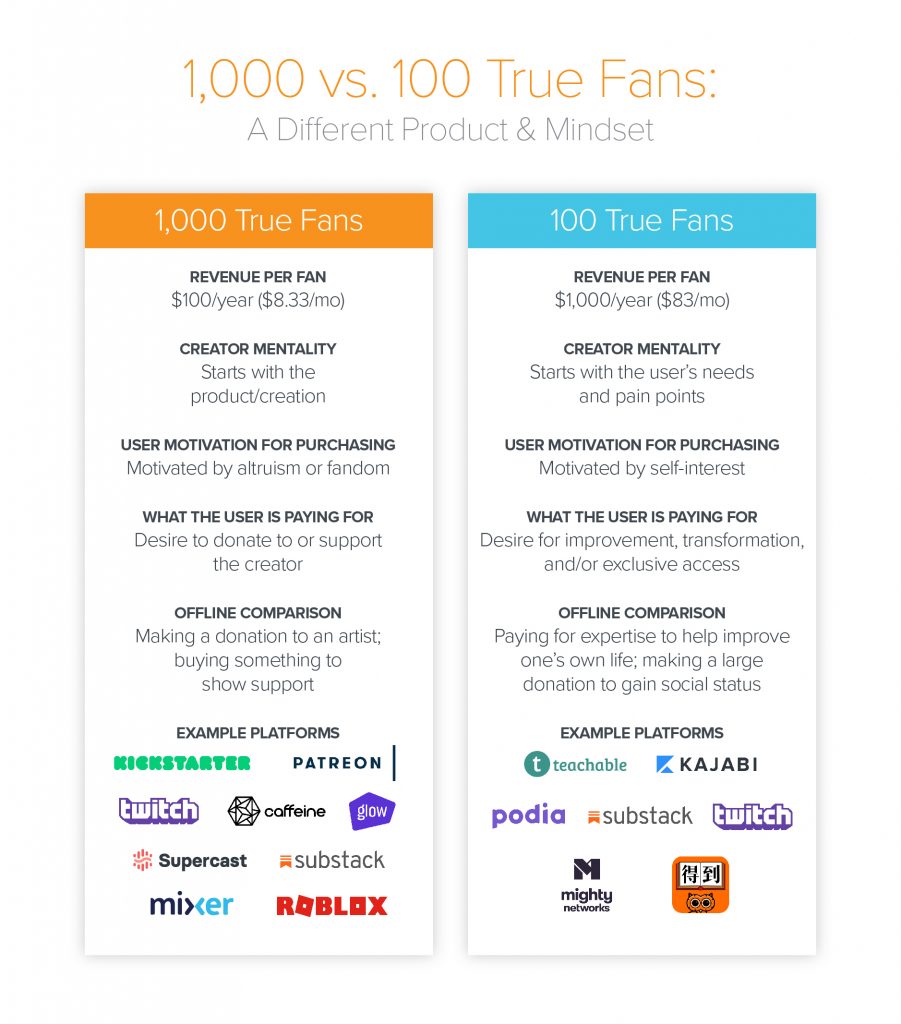The Passion Economy allows everyone to make money off their passions
I came across this term – The Passion Economy – while browsing on social media, specifically LinkedIn if I remember correctly – and I was baffled. I’m no economist, but I see myself as a person fairly well-connected to current trends. The digital economy, the on-demand economy, the work-from-home economy, the thank-you economy – I know a thing or two about them. But the passion economy, no, I’ve never heard of it. What is it?
What is The Passion Economy?
Everyone has passions. For some, it may be teaching, singing, woodcarving, baking cookies. For others, it may be painting, gaming, fish landscaping etc. It’s the old Follow your passion and you’ll never work a day in your life words of wisdom finally coming true.
We are fortunate to live in an economy that allows individuals to live off their passions, a reality that was not readily available to our parents and grandparents. Fifty years or more ago workers were cogs in a machine, focused on doing one thing over and over again, just like Charlie Chaplin in Modern Times.

Charlie Chaplin in Modern Times
Corporations employed people to work in their factories, meet sales targets and achieve business objectives. The establishment didn’t care about its employees’ passions and at that time, it was difficult for people to monetize their passions. Today, with the advent of the internet, people have the technological means to make money off their passions.
The passion economy is an ecosystem comprised of three elements:
- the creators who find, develop and sell products or services that make them unique,
- the market namely the people buying whatever products or services the creators offer
- the digital platforms that enable the connection between creators and the market.
People talking about The Passion Economy
Li Jin, Investment Partner at the venture capital firm Andreessen Horowitz
Whenever I stumble upon an interesting subject, I always save the link to the article, post or video that piqued my interest. On the matter in hand, it was Li Jin’s piece published on the paid newsletter platform Substack
How the Passion Economy will disrupt media, education, and countless other industries (Part 1).
Li Jin is a partner at Andreessen Horowitz interested in marketplaces and technology that enables people to turn passions into professions a.k.a. The Passion Economy.
Li defines the passion economy as follows:
New digital platforms enable people to earn a livelihood in a way that highlights their individuality. These platforms give providers greater ability to build customer relationships, increased support in growing their businesses, and better tools for differentiating themselves from the competition. In the process, they’re fueling a new model of internet-powered entrepreneurship.
In her piece, she also talks about disruptive innovations and how they “are not breakthrough innovations that make good products better” and identifies two types of disruption:
- the new market disruption which targets under-served customers and competes with non-consumption (e.g. Airbnb)
- the low-end disruption which targets over-served customers (e.g. video editing app Canva).
The Passion Economy creates the potential to give rise to both new-market and low-end disruptions.
What are the new digital platforms that enable the creators in the passion economy and help them connect with a niche audience and scale their business?
Li provides a few examples:
- Teachable, Podia, Thinkific, and Mighty Networks are online course platforms which allow experts to monetize their knowledge (read my piece on Mighty Networks);
- Patreon and Buy Me A Coffee allow podcasters, video creators, and artists to earn a living from fans’ membership payments;
- VIPKid and Outschool allow people to earn a living from teaching.
In another article, Li argues that the business model the creators run in the passion economy is based on 100 paying customers.
In the gig economy, creators need to develop a paying customer base of 1000 people. The difference between the gig economy and the passion economy is that in the passion economy these 100 customers pay $1000/year compared to $100/year that the 1000 customers pay in the gig economy.
For creators to make the jump from the gig economy to the passion economy, a change needs to take place (see below).
Adam Davidson, author of The Passion Economy
Adam Davidson is a New Yorker writer, a longtime contributor to This American Life, and the creator of NPR’s Planet Money.
His book, The Passion Economy came out this year and in it, Adam unearths stories from regular people who have cracked the code to success in our new economic reality. You can find some of these stories in his podcast, The Passion Economy.
In an interview, Adam recalls that while researching for his book, he kept noticing that people were looking for ways to be different than their peers. Being the same as everyone else was a drawback.
“Replication is no longer a good way to get ahead,” says Adam.
He also believes that society should support people on their journey to discover their passion and we shouldn’t be so quick to judge a 28-year old who hasn’t figured it all out yet.
Finding what makes you different is a long-winding road, with many ups and downs. It’s not straightforward and it’s not perfect.
Join the Conversation
We’d love to hear what you have to say.
Get in touch with us on our LinkedIn Group, Facebook Group or Twitter.



